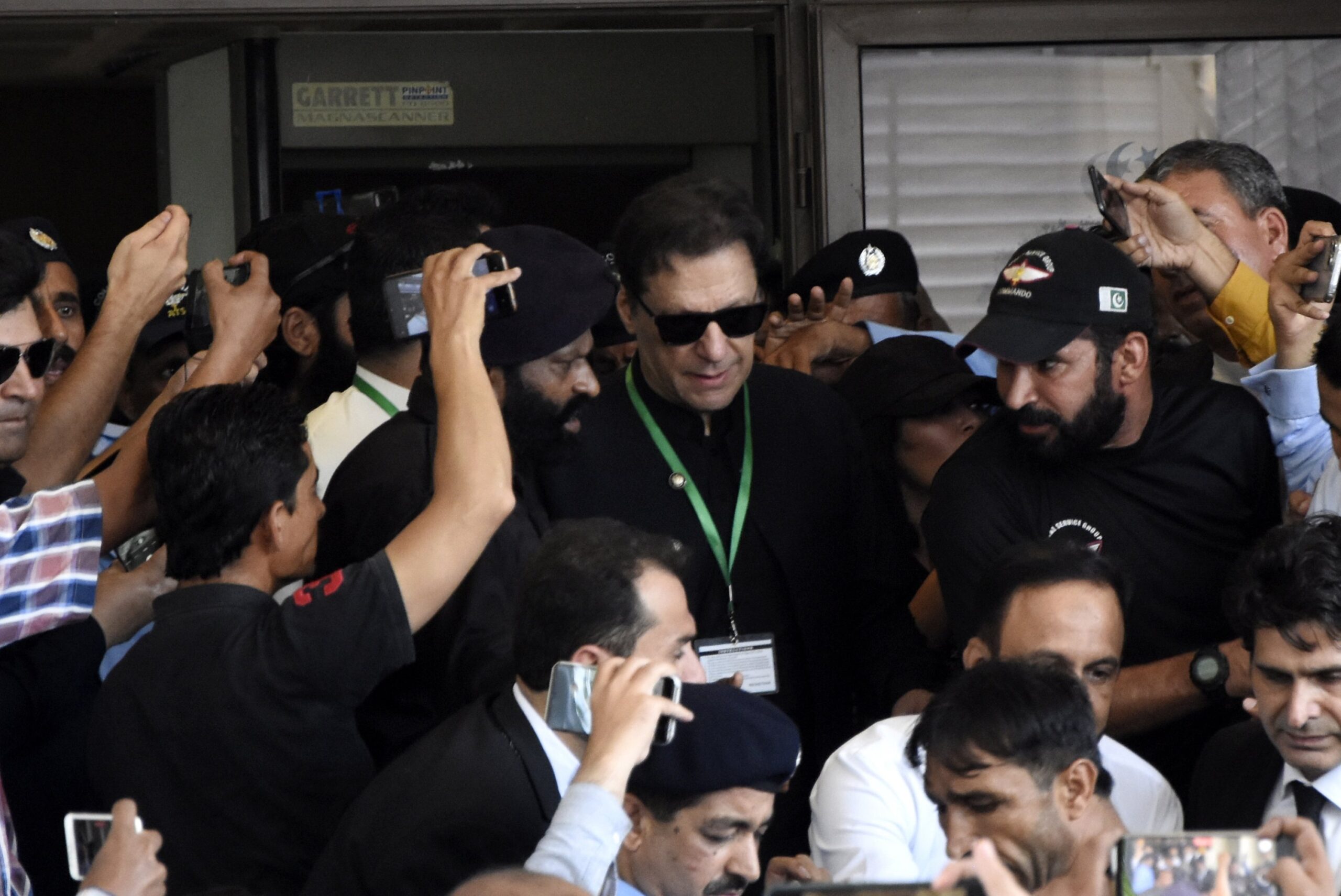Pakistan’s Election Commission has issued a non-bailable arrest order against former Prime Minister Imran Khan in the latest legal fight. This revelation adds to the more than 150 cases in which he has been involved since his resignation as prime minister in a no-confidence vote last year. Despite being granted free in a different case on the same day by the Supreme Court, Khan is charged with contempt of the Election Commission’s procedures and failing to appear despite prior notices and bailable warrants.
Election Commission’s Action and Khan’s Response
The Election Commission of Pakistan issued the non-bailable arrest warrant in Islamabad, accusing Imran Khan of using “intemperate language and contemptuous remarks” against the commission. Despite the warrant, Khan’s Pakistan Tehreek-e-Insaf Party revealed that he received the notice at his Lahore residence and was requested to appear before the Election Commission on July 25. In response to the warrant, Khan addressed his supporters on YouTube, stating that he was “ready for jail.”
Opposition Leader’s Social Media Influence and Media Ban
As the main opposition leader, Imran Khan has been utilizing his strong social media following to connect with his supporters. However, the Pakistan media regulatory body has banned local television channels from broadcasting his speeches and even mentioning his name. In reaction to the ban, Khan criticized the media, accusing it of being under government control and operating as state-run channels.
Allegations and Political Turmoil
Adding to his legal troubles, another criminal case against Khan was announced, accusing him of exposing official secrets related to diplomatic correspondence between Washington and Islamabad. Despite denouncing these charges as “bogus” and “fake,” the former prime minister is facing increased pressure from the government. Khan has also accused Interior Minister Rana Sanaullah of acting as “judge, jury, and executioner” and seeking to incarcerate him.
Moreover, Khan’s arrest in May on corruption charges led to widespread unrest across the country. Although he was released on bail shortly after, the former prime minister blames the powerful army for his ouster, considering it the de facto ruler of the nation.
The Election Commission has issued a non-bailable arrest order against Imran Khan, Pakistan’s former prime minister and current opposition leader. This warrant follows a slew of other charges leveled against him, including terrorism and leaking state secrets. Despite media constraints, Khan’s strong social media presence has allowed him to mobilize his supporters. As the situation develops, Pakistan’s political crisis continues to draw attention both domestically and globally.















